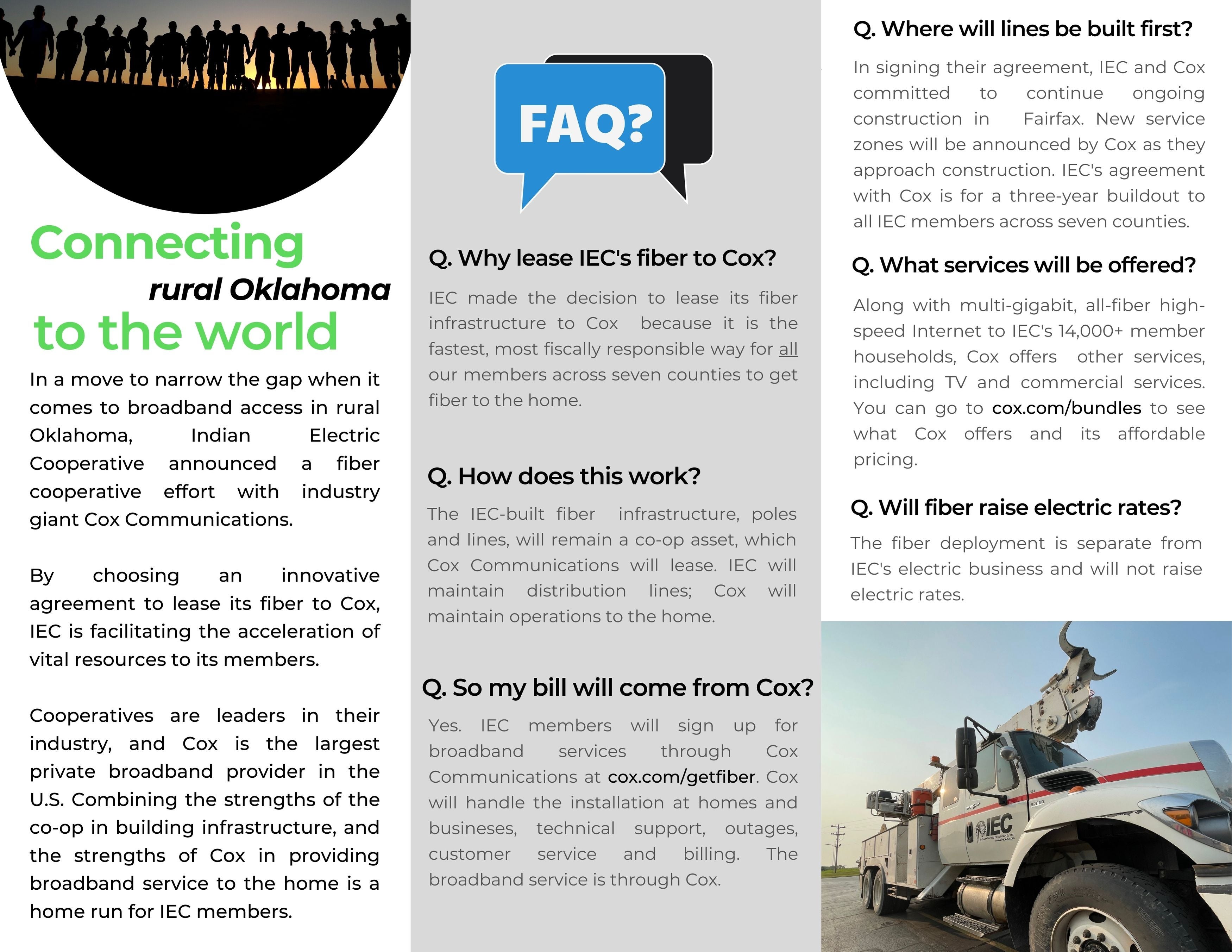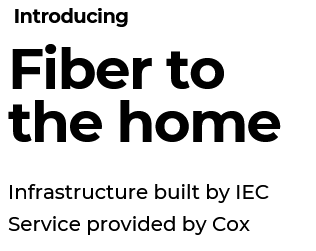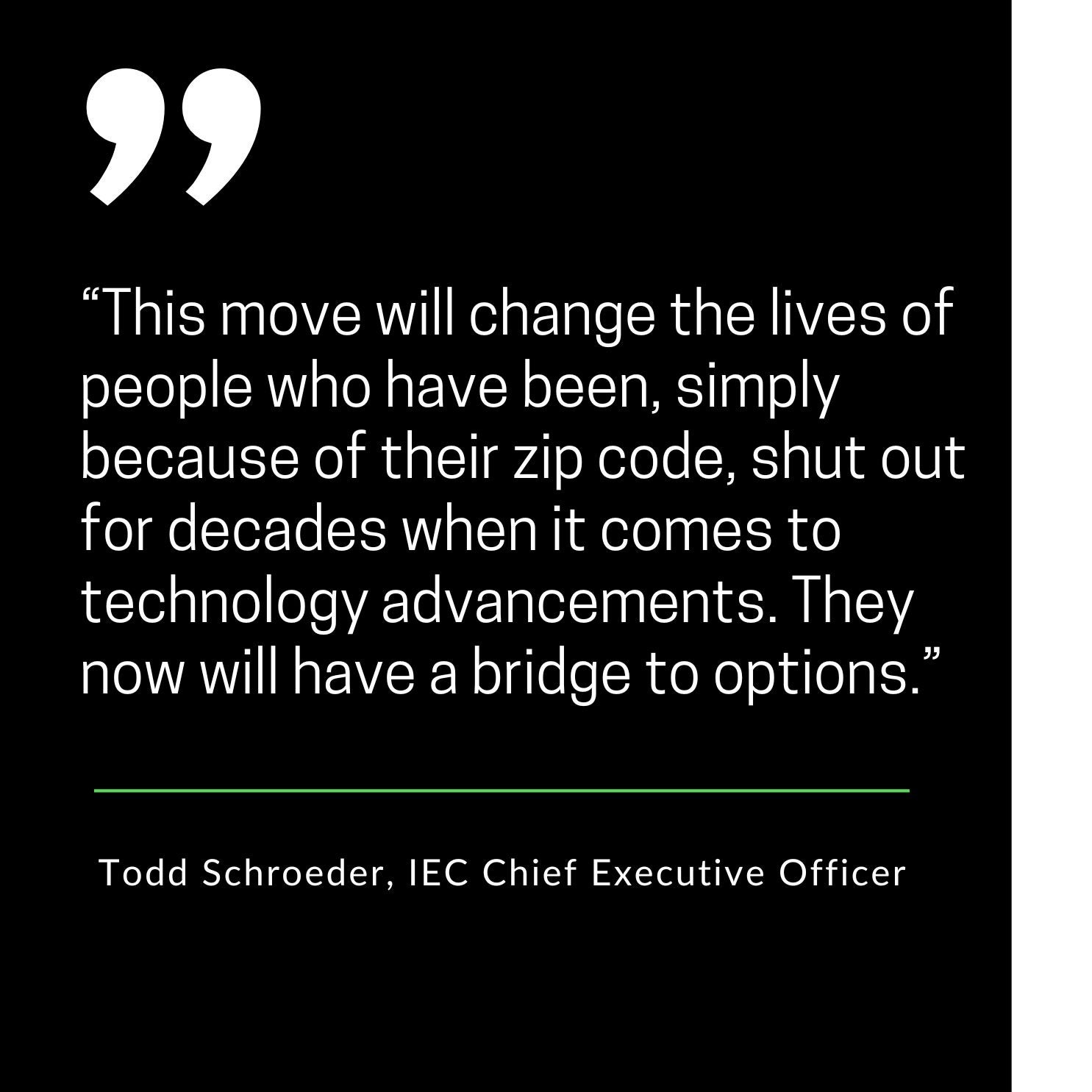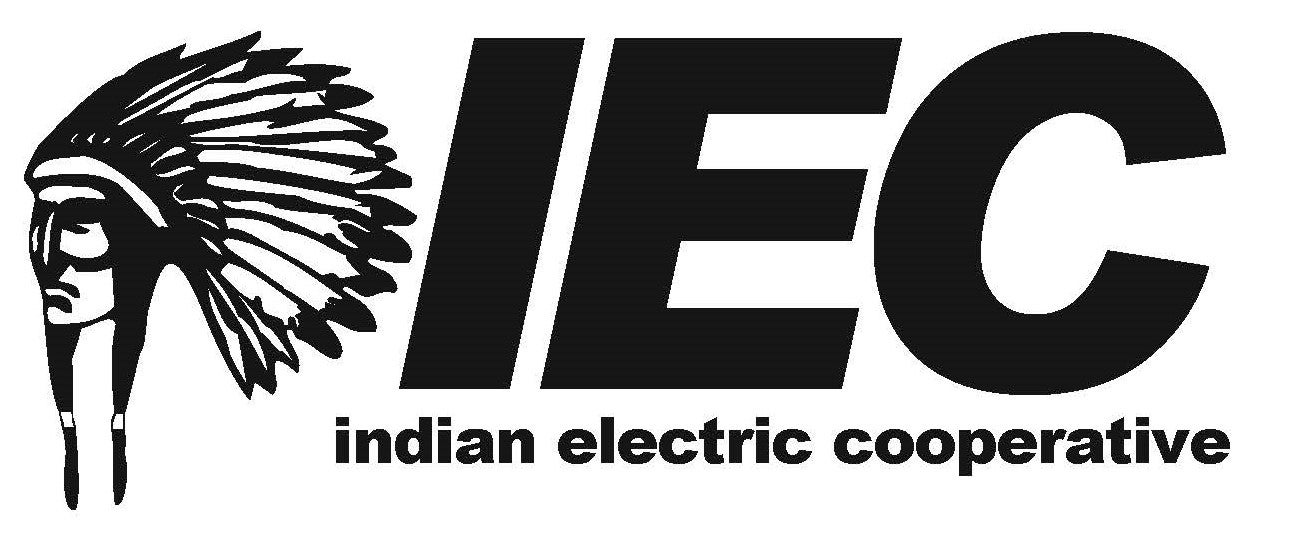
 In a move to narrow the gap when it comes to broadband access in rural Oklahoma, Indian Electric Cooperative has announced fiber cooperative effort with industry giant Cox Communications.
In a move to narrow the gap when it comes to broadband access in rural Oklahoma, Indian Electric Cooperative has announced fiber cooperative effort with industry giant Cox Communications.
The innovative approach will accelerate broadband access to unserved and underserved areas of rural Oklahoma, IEC says.
The IEC Board of Directors and Cox Communications executives approved the terms this month.
“Cox is committed to the communities it serves, has local presence, and it is a leader in broadband,” IEC Chief Executive Officer Todd Schroeder said. “While we felt confident in IEC’s ability to provide its own service, it makes a lot more sense to combine the strengths of the co-op in building infrastructure, and the strengths of Cox in providing broadband service to the home. This type of cooperative effort may be unprecedented, but it is the best decision for our membership.”
The agreement means the IEC-built fiber infrastructure, the poles and fiber, remain a co-op asset, which Cox Communications will lease and provide broadband service to IEC members. Co-op leaders explored several other local opportunities, but ultimately chose to enter an agreement with Cox.
The core mission of IEC is to improve the quality of life for its members across seven Oklahoma counties. The agreement with Cox is for a three-year buildout to all 14,000-plus of IEC’s members, with the timeline contingent on material supply availability.
“Our main concerns were ‘how fast can we provide this necessity to all of our members and how can we do it in the most financially responsible way?’” Schroeder said. “By leasing our fiber to Cox Communications, we check both of those boxes.”
Reminiscent of how the cooperative began with providing electricity to rural farmers in 1939, it is once again necessity that drives the mission.
“It is similar, just a more modern approach,” Schroeder said. “This move will change the lives of people who have been, simply because of their zip code, shut out for decades when it comes to technology advancements. They now will have a bridge to options.”
The cooperative effort with Cox allows IEC to be a gateway to more opportunity for the member. IEC’s previous plan to build fiber lines independently through its subsidiary InTech Connect would have offered high-speed Internet connections only. However, in using the IEC infrastructure, Cox Communications also will be able to provide more resources in addition to Internet, like TV, plus seasoned technical support experts.
The values of Cox Communications are line with values of the co-op, IEC said. Cox CEO Alex Taylor, who heads the company today, is the great-grandson of the original founder, James M. Cox. It is the largest private broadband provider in the U.S., serving 7 million homes in 18 states.
“Communities have trusted Cox since our founding in 1898, and we are honored that IEC has put their trust in us to deliver powerful high-speed Internet to its members,” said Roger Ramseyer, Market Vice President, Cox Communications. “This cooperative effort ensures rural communities through the seven-county region have the critical access needed to take advantage of online, work, learning and healthcare and increases their opportunity for economic gain.”
In 2021, IEC announced its priority in building a fiber pilot project in the small town of Fairfax, which is underserved. Construction is in progress there. Since a tornado ripped through the small town in 2018, IEC has provided free Wi-Fi along the main business district of Fairfax. Outside of that, residents don’t have reliable options.
With the signing of official documents, IEC and Cox confirm their commitment to ensure service in Fairfax remains the first priority. Additional new service zones will be announced by Cox as they approach construction. IEC members can go to cox.com/getfiber to sign up for updates on fiber access. Additionally, cox.com/bundles has the information on services and the affordable prices Cox offers in its Tulsa market.
IEC still is pursuing multiple avenues to receive state and/or federal infrastructure funding intended for rural broadband expansion projects to offset investment costs to members.

